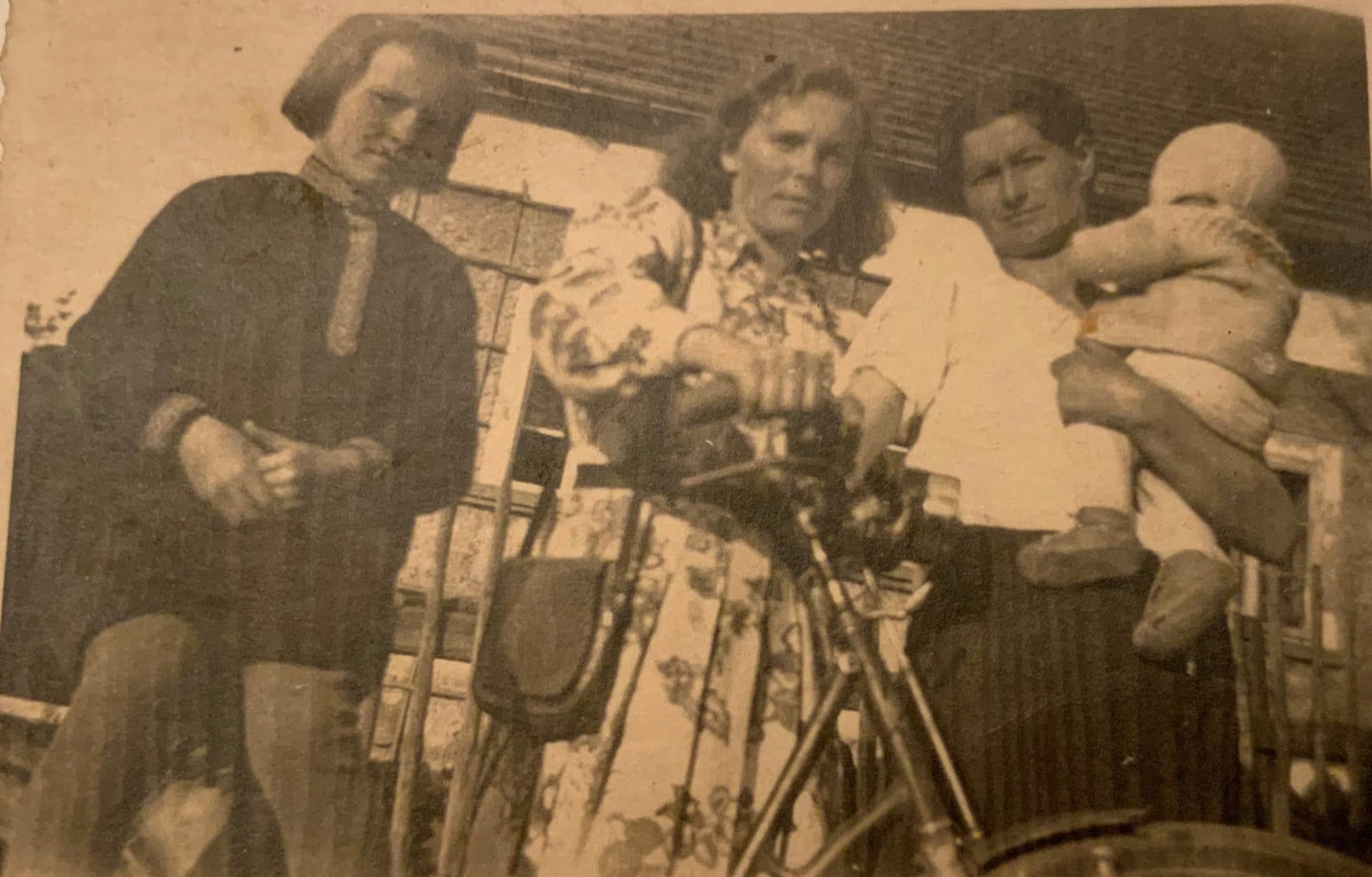Sexual Healing in Light of the Resurrection
Sexual Healing in Light of the Resurrection
Witness to Love provides a transformative journey for couples, guiding them through faith-based marriage preparation and ongoing support.
Through comprehensive resources and ongoing support, Witness to Love equips couples with the tools to navigate challenges and strengthen their bond for a lifetime of love in Christ.
Witness to Love provides church leaders with comprehensive training and resources to cultivate thriving marriages within their communities, fostering a culture of love, faith, and commitment.
WTL hosts a variety of events ranging from certification trainings for marriage formation leaders to Date Nights for couples!
The Witness to Love Media Center features a diverse range of resources including articles, downloads, podcasts, and videos.
Marriage preparation materials, mentor training guides, and faith-based content to support couples at every stage of their relationship.


Love is Not a Feeling… Or is It?
We often hear in Catholic circles that
“Love is a choice, not a feeling,”
“Love is an act of the will,” and that
“To love is to will the good of the other.”
And while these popular definitions certainly are true, they emphasize only one dimension of human love. In a recent conversation with my husband, I expressed my own struggle of diligently fulfilling my duties as a wife and mother, but feeling rather disconnected emotionally. I remember blurting out, “Am I supposed to just will my way through life without feeling it?!” After a very fruitful conversation, my husband pointed me to an excellent (and sadly out of print) book called The Abode of Love by Dr. Anna Terruwe. In it she gives some beautiful insight into human love and the physical and emotional expression of it: tenderness. She writes that “a love which is exclusively spiritual falls short of being real human love.” Yes, love does demand an act of the will, but feelings and emotions cannot be separated from the experience of love, especially when it comes to expressing love to our spouse and family.
I take it that these definitions of love have become popular terms in response to the surge in divorce, which in many cases is a result of misplaced emphasis on feelings of love while disregarding the importance of persevering in the spiritual aspects of love–engaging the intellect, the will, and being open to God’s grace. This is most clearly displayed in the way some celebrities treat marriage–often with the same level of commitment as leasing a new car–and it’s devastating to see. While I reject the idea that the whole of love rests on feelings, it does not rest entirely on intellect and will either (we’re not angels, afterall).
Tenderness: The Somatic Expression of Love
So as Catholics well versed in the importance of willing love, how do we grapple with the threat of not feeling loved in marriage and of making our love felt? In the quest for genuine love, we must engage our whole being–our spirit with its intellect and will; but also our soul with its emotions; and our body with its feelings. The key to expressing this fully human love is tenderness.
Tenderness is spontaneous delight in the goodness of the other. Terruwe describes tenderness as “a part of every expression of love…it expresses itself in the way one looks at another, in the tone of voice, in a [caressing] touch.” And these cannot simply be willed. You cannot feign a loving tone, or force a loving gaze. They are bodily manifestations of genuine emotions of love and joy. Studies show the importance of this kind of affection in childhood development. An infant cannot understand our words, but he or she feels our love through our tone of voice, our loving look, and our tender touch. The same is necessary for a happy and healthy marriage. If you are familiar with the Five Love Languages, you’ll notice that these three expressions of tenderness overlap with some of the top five ways individuals feel loved (Quality Time, Physical Touch, Acts of Service, Words of Affirmation, and Receiving Gifts)–all which must be authentic in order to be received well.
How to Nurture Tenderness
So if tenderness is not something that can simply be willed, how can we get to that place of spontaneous delight in our spouse and our children? Two things come to mind as I ponder this need in my own life:
Dr. Terruwe affirms that “the happiness and joy of love are nowhere greater than in the union of love between man and woman.” If we want to promote healthy and happy marriages, we have to acknowledge the natural and good desire to feel loved in our relationships. Authentic love requires all of our human faculties. This is true for our relationship with God and it is true for marriage if it is the vocation God has chosen for our healing and redemption.
—
“May the God of peace himself make you perfectly holy and may you entirely, spirit, soul, and body, be preserved blameless for the coming of our Lord Jesus Christ” (1 Thessalonians 5:23).
“Moral perfection consists in man’s being moved to the good not by his will alone, but also by his sensitive appetite, as in the words of the psalm: “My heart and flesh sing for joy to the living God” (Catechism of the Catholic Church, 1770).
“The body, and it alone, is capable of making visible what is invisible: the spiritual and the divine. It was created to transfer into the visible reality of the world the mystery hidden since time immemorial in God, and thus to be a sign of it.” (St. John Paul II, Theology of the Body)

Sexual Healing in Light of the Resurrection

Choosing to Live and to Love in the Day that You are Given

Of Ukraine, Adoption, and Lent